By: Emilio Martinez
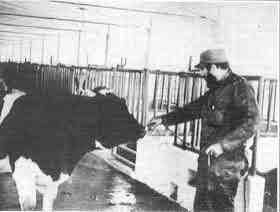
If you’ve visited to Cuba you’ve likely heard the claim, “Killing a cow here gets you more jail time than killing a person!” Cubans believe it, tourists believe it, but is it true? Like anywhere else, Cuba punishes undesirable conduct according to the social danger it represents, but does the government believe taking cow’s life is a greater social danger than taking a human life? Let’s take a closer look at this myth.
Background
In 1959 there were around 6 million cows on the island. Post-revolution, Cuba’s herds have dwindled significantly due to a few factors: domestic problems of centralization and inefficiency, the difficulty of obtaining necessary feed and resources due to the United States embargo, and later the collapse of the Soviet Union. After 60 years of Revolution we have lost around 2 million cattle. Just this year reports are that we’ve lost around 25 thousand cows due to malnutrition. To prevent further loss of the national herd the legislature decided to legally protect cattle in Cuba’s Penal Code in 1987.
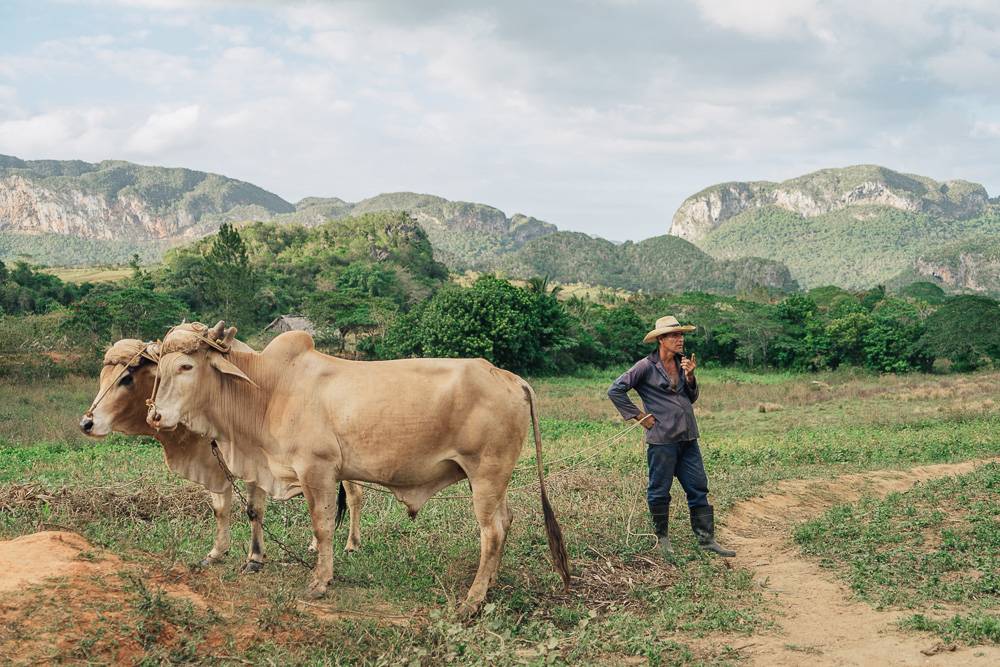
Cuba’s Penal Code
Killing or “sacrificing” livestock without prior state authorization carries a penalty of 2 to 5 years of prison. However, historically speaking the courts tried this crime combined with cow theft and thus carries a penalty of 4 to 10 years in prison. The sale, transport, or trade of illegal beef also carry fines and jail sentences of six months to 2 years. These severe laws are not for any religious reason, as many might wonder, they are simply the government’s efforts to protect what remains of the domestic livestock. Most cattle in Cuba are designated for reproduction and milking, and oxen to plow the land and other working activities, they are not for meat. Owners are not only punished for killing their own cow, there are also a series of fines that the government imposes for crimes of perceived negligence by breeders and ranchers. Buying illegal beef can result in anywhere from three months to 5 years in jail. Most meat legally sold in Cuba is incredibly expensive for us because it is imported from other countries such as Latin America, Canada, and even the United States.
Now that we’ve established the laws related to killing livestock, let’s look at the laws that exist for killing a person. Cuban Penal Code (Law 62/1987) regulates homicide with a sentence of 7 to 15 years of prison, severity based on the circumstances of the crime and the history of the accused. Penalty for murder on the other hand is 15-30 years up to the death penalty. The death penalty, which is by firing squad, still exists in Cuba although it is very seldom used, and no executions have taken place in over 15 years.
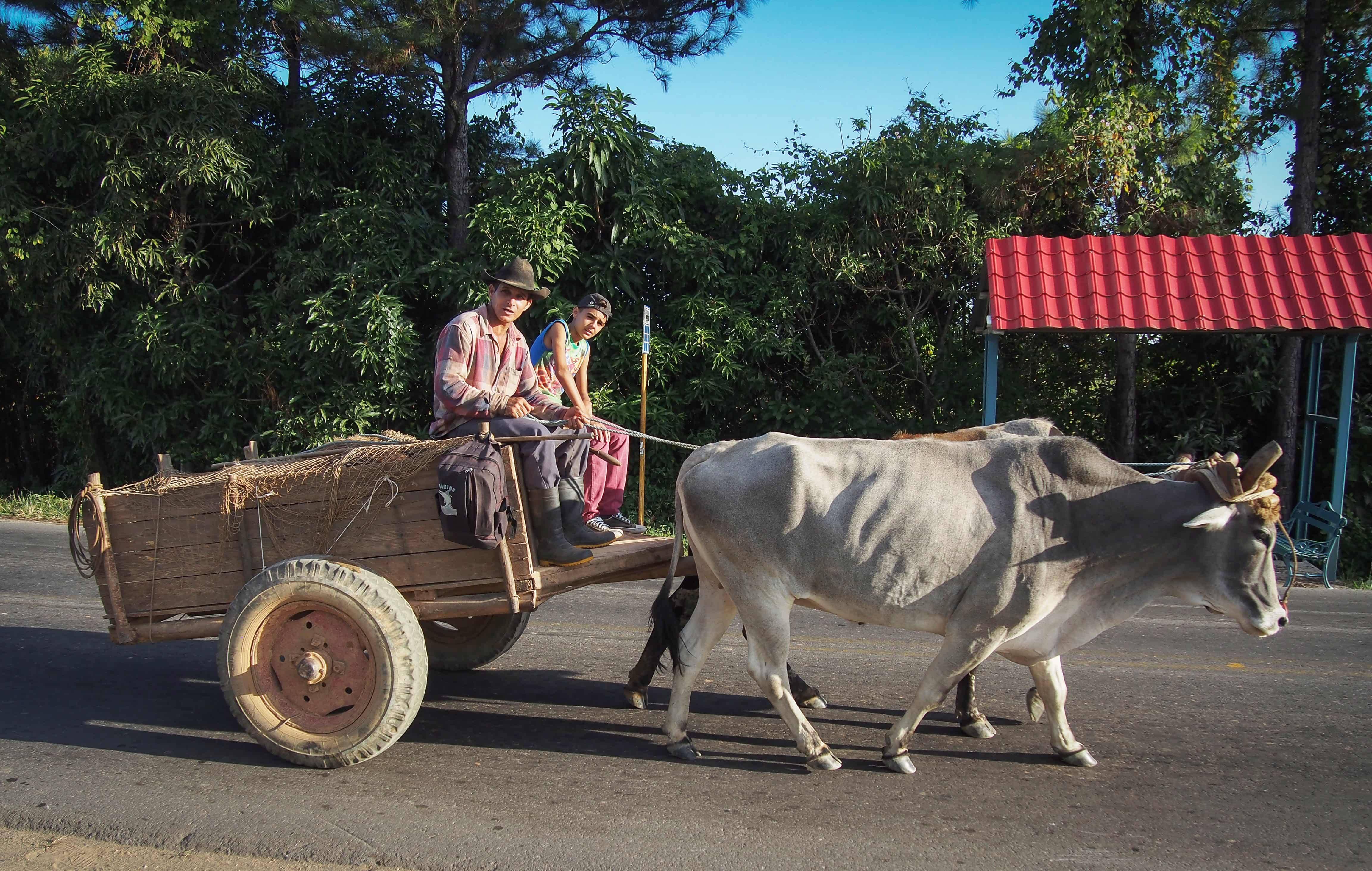
Comparing Penalties
Let’s compare two situations, a person convicted of unintentional homicide, with a history of good character, and a person convicted of multiple counts of the theft and slaughter of cows. The one convicted of homicide could receive the minimum sentence of 7 years in prison, whereas the cow killer would receive the maximum penalty of 10 years in prison. In that case the myth would be true, killing a cow is punished more severely than killing a person. However, the more realistic way to look at it is that the minimum sentence for homicide is higher than the minimum sentence for sacrifice of livestock, and when it comes to murder (homicide with malice), a minimum 15-year sentence, it is very clear to see that the penalty for killing a cow is nowhere near as severe.
Conclusion
Based on these factors, we conclude that the myth that killing a cow in Cuba is punished more severely than killing a person is not true. If all the talk of beef has you so hungry you “would kill for a hamburger”, at least now you know the consequences in Cuba.
Understanding More About Cuba
Like in the case of crimes against cows, there are many widely misunderstood notions about Cuba. The best way to gain a better understanding of my country is to make a visit. Our cultural immersion tours of Cuba are a good way to do this, especially since you’ll be shown around Cuba by an experienced local guide like myself who can provide you with ample information and perhaps even debunk some of these common myths.

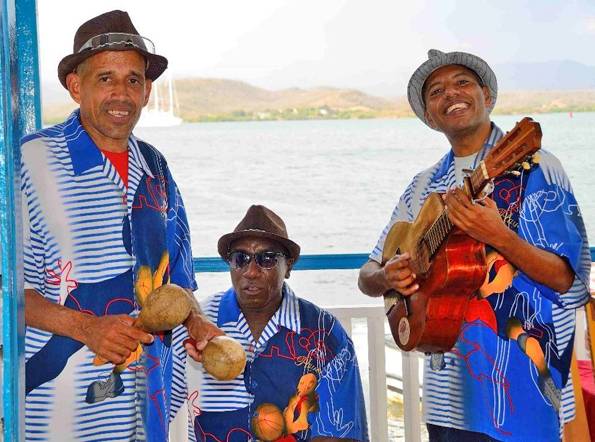
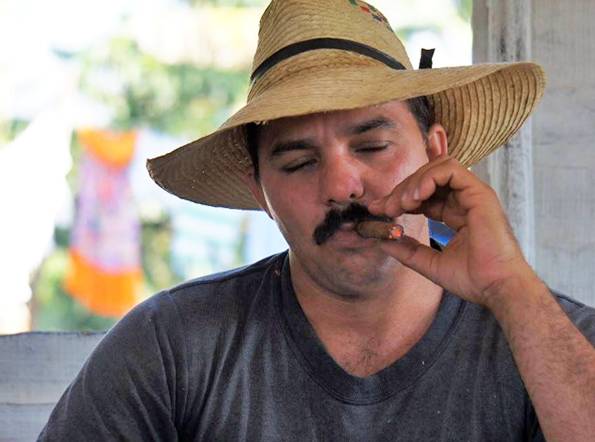

Comments
Be the first to comment!